
Throughout the year thus far, the BRICS economic alliance has committed to both de-dollarization and expansion. The grouping is set to continue both initiatives as its annual summit is set to take place this October. With Russia’s President Vladimir Putin visiting North Korea, speculation has been brewing that the country could join the bloc and adopt the BRICS currency in 2024.
Russia has taken up the BRICS chairmanship for this year. Moreover, the country is set to host that highly anticipated summit. Now, Putin is set to visit North Korea for two days in a major meeting of the two leaders. In 2023, Kim Jong Un met with Putin in Siberia, with the latter receiving the invitation for the meeting taking place this week.
North Korea Eyeing BRICS Inclusion?
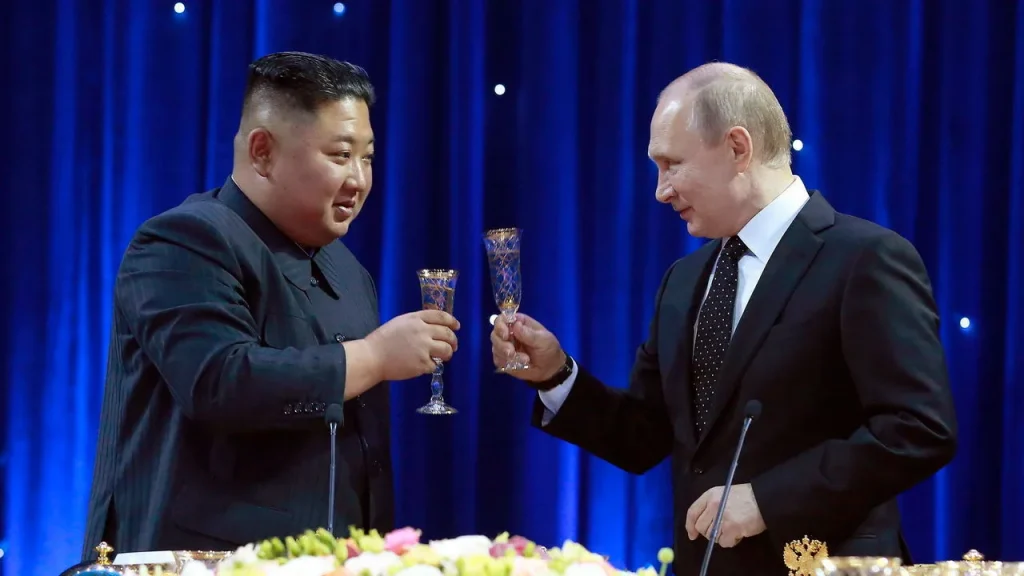
Also Read: BRICS: 2 New Countries Announce Plans to Join the Alliance
Last year, the BRICS alliance enacted its first expansion effort since 2001. Indeed, the collective invited six nations. Of those invitations, the United Arab Emirates (UAE), Iran, Egypt, and Ethiopia accepted, becoming the latest additions to the nine-nation grouping.
Yet, the growth of the bloc is not expected to stop. Many experts predict further geopolitical ramifications from expansion plans that may be enacted this year. As Russia’s President visits North Korea today, all eyes are on their potential candidacy to join the bloc and adopt the incoming BRICS currency in 2024.
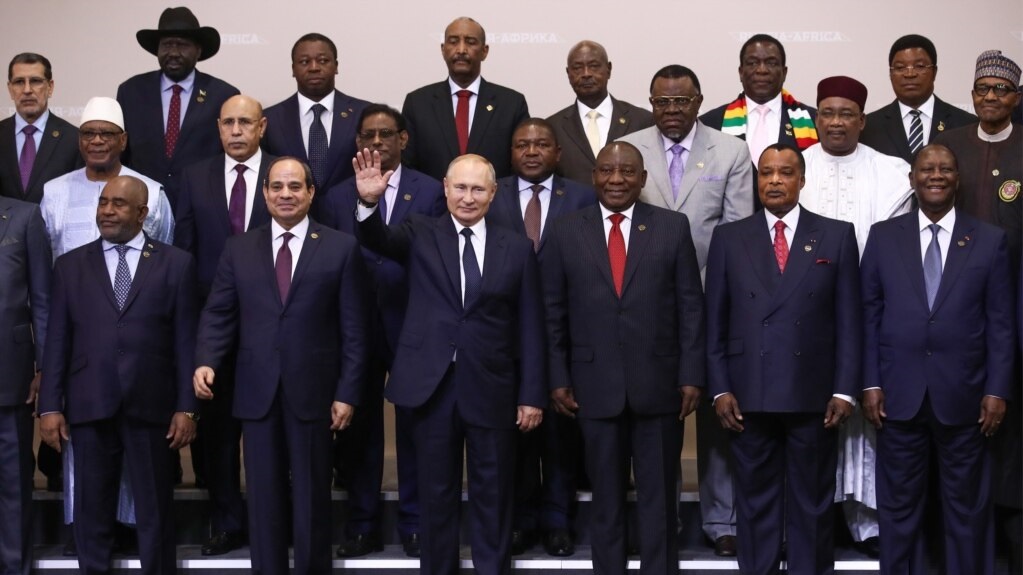

Also Read: US Treasury Sanctions Binance Wallets With Ties to North Korea
The alliance has already confirmed its development of an independent payment system this year. Moreover, a native currency to support unilateral trade settlements has been long rumored to be in the works and could be ready to make its long-awaited debut this year.
The most recent visit to North Korea will be Putin’s first in 24 years. Then, he visited the current leader’s father, Kim Jong II. However, the meeting has brought about concerns over military cooperation between both nations, reports suggest.
Russia Seeking Greater Cooperation
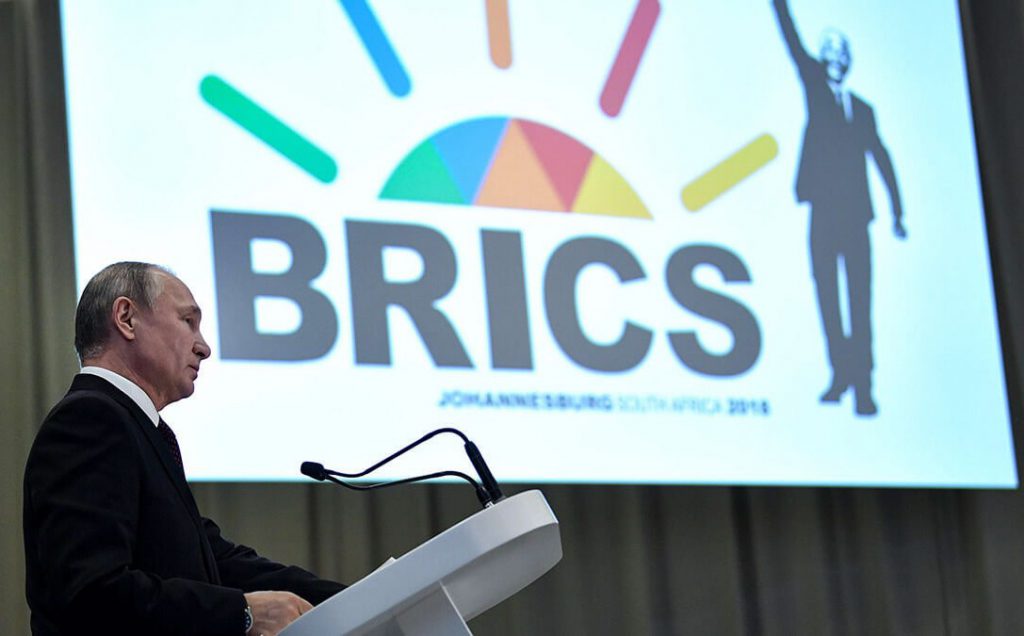

Also Read: G7 To Provide $50 Billion Loan to Ukraine To Fight Russia
According to Russian State Media, Putin is seeking “joint efforts” that will increase its “bilateral interaction” with North Korea. Moreover, he expressed his hope to “facilitate mutually beneficial and equal cooperation” between the countries.
“The relations of friendship and neighborliness between Russia and the DPRK, based on the principles of equality, mutual respect, and trust, go back more than seven decades and are rich in glorious historical traditions,” Putin stated.
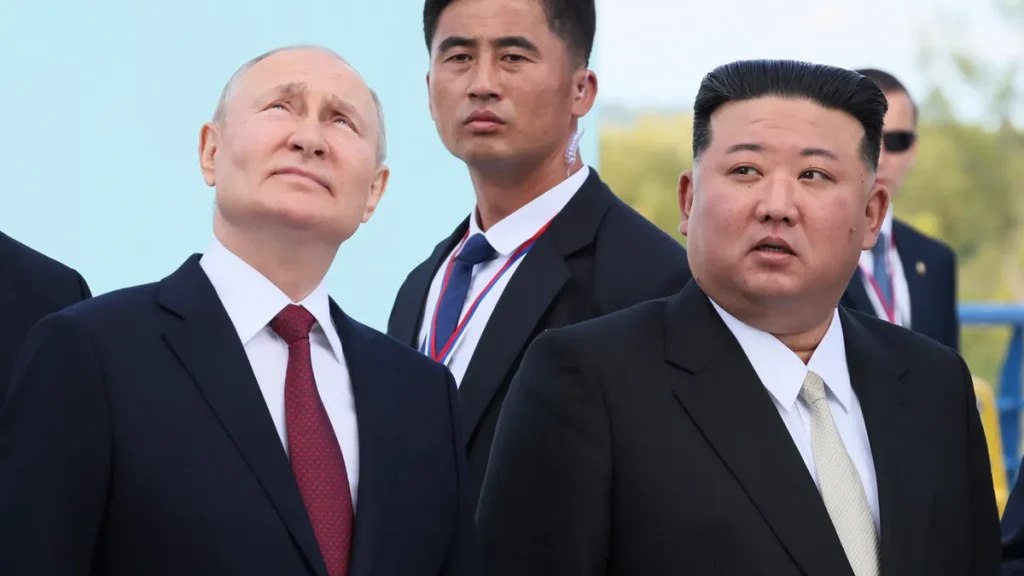
Also Read: BRICS: Russia Central Bank Ditches US Dollar For Chinese Yuan
Additionally, Russia noted its appreciation for North Korea’s “unwavering support” for its ongoing conflict in Ukraine. Putin also acknowledged “tremendous results,” in the country’s work toward fortifying its defense, industry, and technology sectors. The increased cooperation will extend to higher education, the President also shared. While noting the focus on growing “confidence and mutual understanding.”
The meeting also took aim at the United States and Western prominence internationally. Moscow’s leader noted that the country “keeps setting new, increasingly harsh and obviously unacceptable requirements” to North Korea. Yet, he affirmed the focus of the collaboration to “resolve all the existing differences by peaceful means.”
What it Means for the BRICS Currency
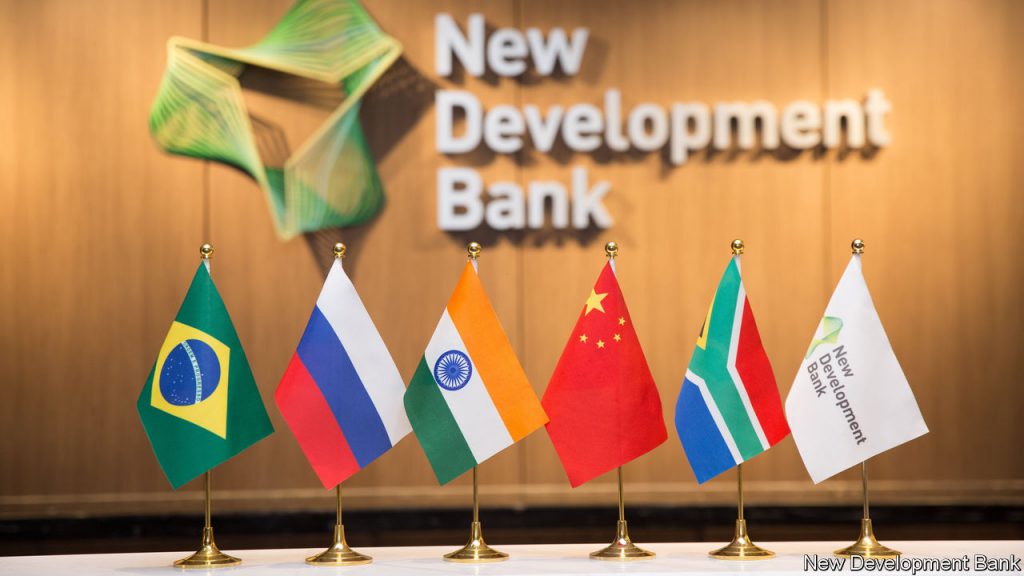

The meeting also clearly established economic cooperation between the two countries. After referencing bilateral agreements dating back to 2000, they assured their commitment to “alternative trade and mutual settlement mechanisms not controlled by the West.”
The action would seek to avoid sanctions. Moreover, it provides further evidence of North Korea’s BRICS connection. With the introduction of a native currency, the country could be a prime candidate to embrace trade with the bloc.
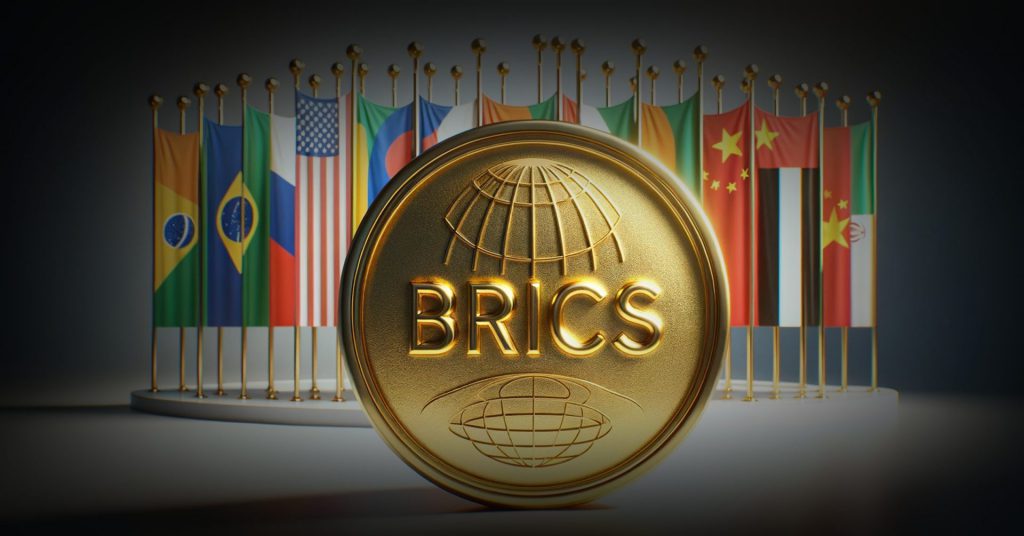

Also Read: BRICS Currency Launch Date Revealed
Those trade settlements could be critical in increasing exposure of a BRICS Currency. This month, six nations not yet included in the group signed an agreement to ditch the US dollar in trade. Subsequently, those countries would almost certainly seek to adopt the native currency when it comes to fruition.
Till then, these nations will likely embrace trade through their own local currencies. Overall, it should be a hit to the US dollar. With recent sanctions seeing Russia’s largest stock exchange halt trading in the greenback, these kind of economic contention does not appear to be stopping any time soon.
